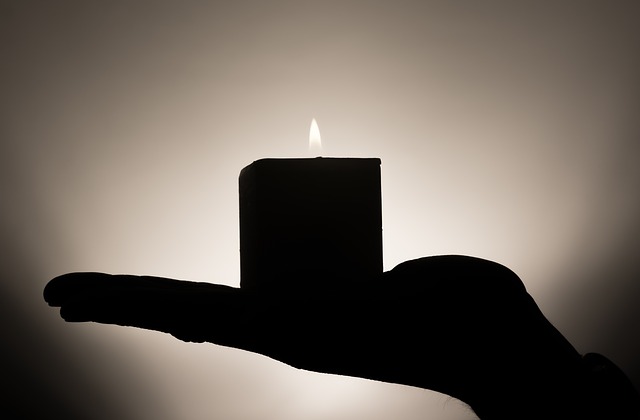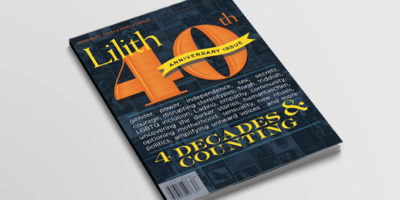
from “Feminist Funerals”
Reclaiming the ultimate ritual, some visionary women are taking this ceremonial passage into their own hands. [Summer 2009]
One of Jewish feminism’s great strengths has been doing the serious scholarly digging needed to bring new life into old rituals and develop new ones. Back in 1971, Arlene Agus brought to light the ancient women’s holiday of Rosh Chodesh, the monthly new moon celebration. Now in the final months of saying kaddish for her mother, Agus noted that “Jewish customs of mourning are deeply feminist in that they blend canon with creativity, the psychological with the legal. As such, they are unique among Jewish life cycle events. We’re starting with a very solid core.”
Agus, a Jewish education specialist at New York’s Jewish Child Care Association and on the faculty of Skirball Center for Adult Jewish Learning, spoke of the comfort and catharsis inherent in some of the traditions: “When you’ve accompanied someone you love to the borders of this world, parting at the dock is excruciating. Tradition allows you to follow them into the ground by positioning you on low stools for the week of shiva. During those seven days your visitors gradually lift you back into the land of the living.”
Agus, following the death of her mother after a decades long illness, was stunned by a friend’s feelings of guilt after the friend’s mother died in a nursing home. When the woman tried to confess these feelings at shiva, the response was, as Agus put it, “Hallmark platitudes” like “Your mother was lucky to have you” and “You did everything you could”—leaving the daughter feeling even more isolated.
Looking again at Rosh Chodesh, Agus created a ritual of expiation for her guilt- ridden friend, centered on the traditional “Yom Kippur Katan,” an abbreviated Day of Atonement once observed before each month’s new moon celebration.
Agus explained, “It came upon me by accident, but turns out to meet a widespread need and, like Rosh Chodesh, Yom Kippur Katan can be marked during any month associated with the deceased, during the 11-month period of mourning or the yahrzeit.” She is in the early stages of composing and inviting contributions to the new expiating ritual. These might include: “Forgive me for not visiting often enough.” “Forgive me for devaluing your opinion.” “Forgive me for abusing my power as a healthy person.”
The ritual need not be limited to parental loss or to women, and it’s obviously filling a need. Agus said, “At a recent conference on women and prayer I kept hearing, ‘Oh my God, where do I sign up?’ So, yes, traditional Jewish modes of grieving are uniquely sensitive and profound, but there is a missing piece we are hoping to provide.”


